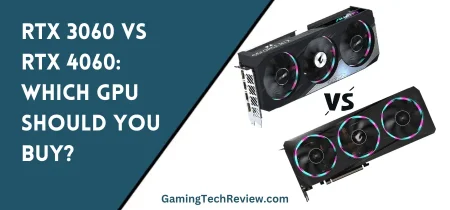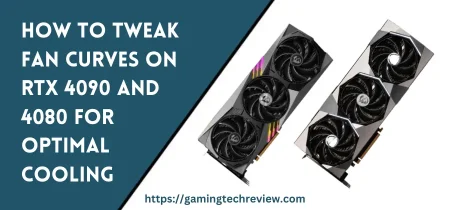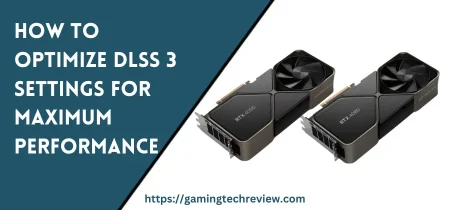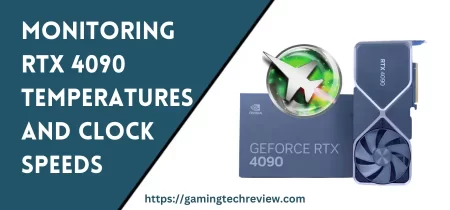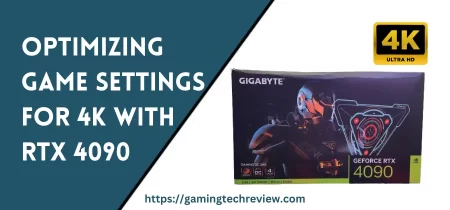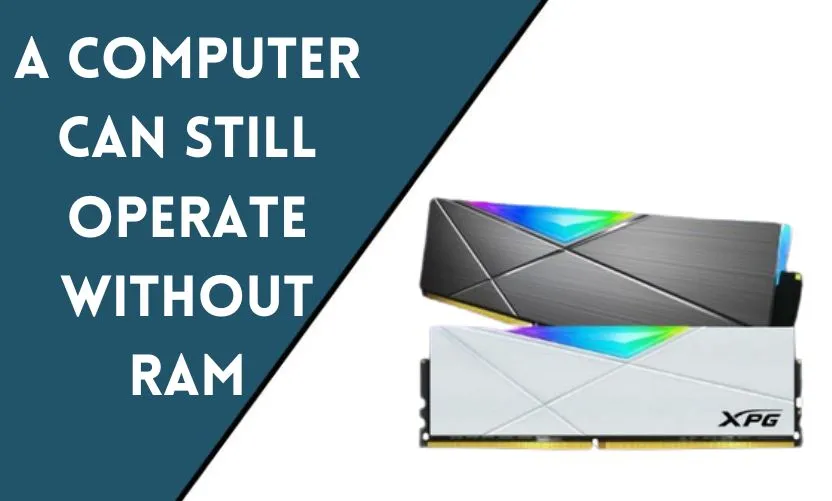
In this digital era, computers have become an indispensable tool for both personal and professional use. Whether it’s browsing the web, creating documents, playing games, or crunching complex data, computers have revolutionized the way we live and work. While we often interact with computers through monitors, keyboards, and mice, there are several core components that are essential for a computer to function properly.
Central Processing Unit (CPU) In Computer
At the heart of every computer lies the Central Processing Unit, commonly known as the CPU. It acts as the brain of the computer, executing instructions and performing calculations. The CPU is responsible for processing data and controlling the overall operation of the computer. Without a CPU, a computer would be unable to carry out any tasks or respond to user inputs.
Random Access Memory (RAM)
RAM, or Random Access Memory, plays a critical role in the performance of a computer. It serves as a temporary storage space for data that is actively being processed by the CPU. The more RAM a computer has, the more efficiently it can handle multiple tasks simultaneously. While a computer can technically operate without RAM, it would severely limit its ability to run complex programs or handle large amounts of data.
Hard Disk Drive (HDD) or Solid-State Drive (SSD)
The Hard Disk Drive (HDD) or Solid-State Drive (SSD) serves as the primary storage medium for a computer. It stores the operating system, software applications, files, and user data. While not strictly necessary for a computer to boot and run basic functions, the absence of a storage drive would prevent the installation of an operating system and the ability to store data persistently.
Motherboard
The motherboard acts as the central hub that connects and coordinates communication between various hardware components of a computer. It houses the CPU, RAM slots, expansion slots, and other vital connectors. Without a motherboard, the various components would have no way to interact and collaborate, rendering the computer inoperable.
Power Supply Unit (PSU)
The Power Supply Unit (PSU) is responsible for providing electrical power to all the components of a computer. It converts the alternating current (AC) from a wall outlet into direct current (DC) that the computer can use. Although a computer can technically operate without a dedicated PSU, it would require an alternative power source to function.
Graphics Processing Unit (GPU)
The Graphics Processing Unit, or GPU, is primarily responsible for rendering images, videos, and animations on a computer screen. While not essential for basic computer operations, a GPU is crucial for tasks that require intensive graphical processing, such as gaming, video editing, and 3D rendering.
Operating System (OS)
The Operating System (OS) is the software that enables a computer to manage and coordinate its various hardware and software components. It provides a user-friendly interface and facilitates the execution of programs. While it is technically possible for a computer to operate without an operating system, it would lack the necessary tools and environment to run applications effectively.
Input and Output Devices
Input and output devices, such as keyboards, mice, monitors, and printers, allow users to interact with a computer. While a computer can still operate without these devices, they are essential for human-computer interaction and performing specific tasks. Without input devices, users would be unable to provide instructions, and without output devices, they would not be able to view the results or output of their commands.
Network Connectivity
Network connectivity is crucial for computers to communicate with each other and access resources over the internet. While a computer can function without an internet connection, it would lose out on the vast array of information and services available online. However, local network connectivity can still enable computers to interact and share resources within a closed network environment.
Conclusion
In conclusion, while computers can technically operate without certain components, their functionality and usefulness would be severely limited. The key components discussed in this article, such as the CPU, RAM, storage drives, motherboard, PSU, GPU, operating system, input and output devices, and network connectivity, work together harmoniously to create a fully functional computer system. Each component plays a crucial role in enabling a computer to perform various tasks efficiently and effectively.
Frequently Asked Questions
Can a computer operate without a CPU?
No, a CPU is essential for processing instructions and performing calculations.
Is RAM necessary for a computer to function?
While a computer can technically operate without RAM, it would severely limit its capabilities and performance.
Can a computer work without a hard disk drive or solid-state drive?
Yes, but it would be unable to store an operating system or data persistently.
Why is the motherboard important for a computer?
The motherboard facilitates communication and coordination between various hardware components.
Do computers require an operating system?
While it is technically possible to operate a computer without an OS, it would lack essential tools and functionality.






